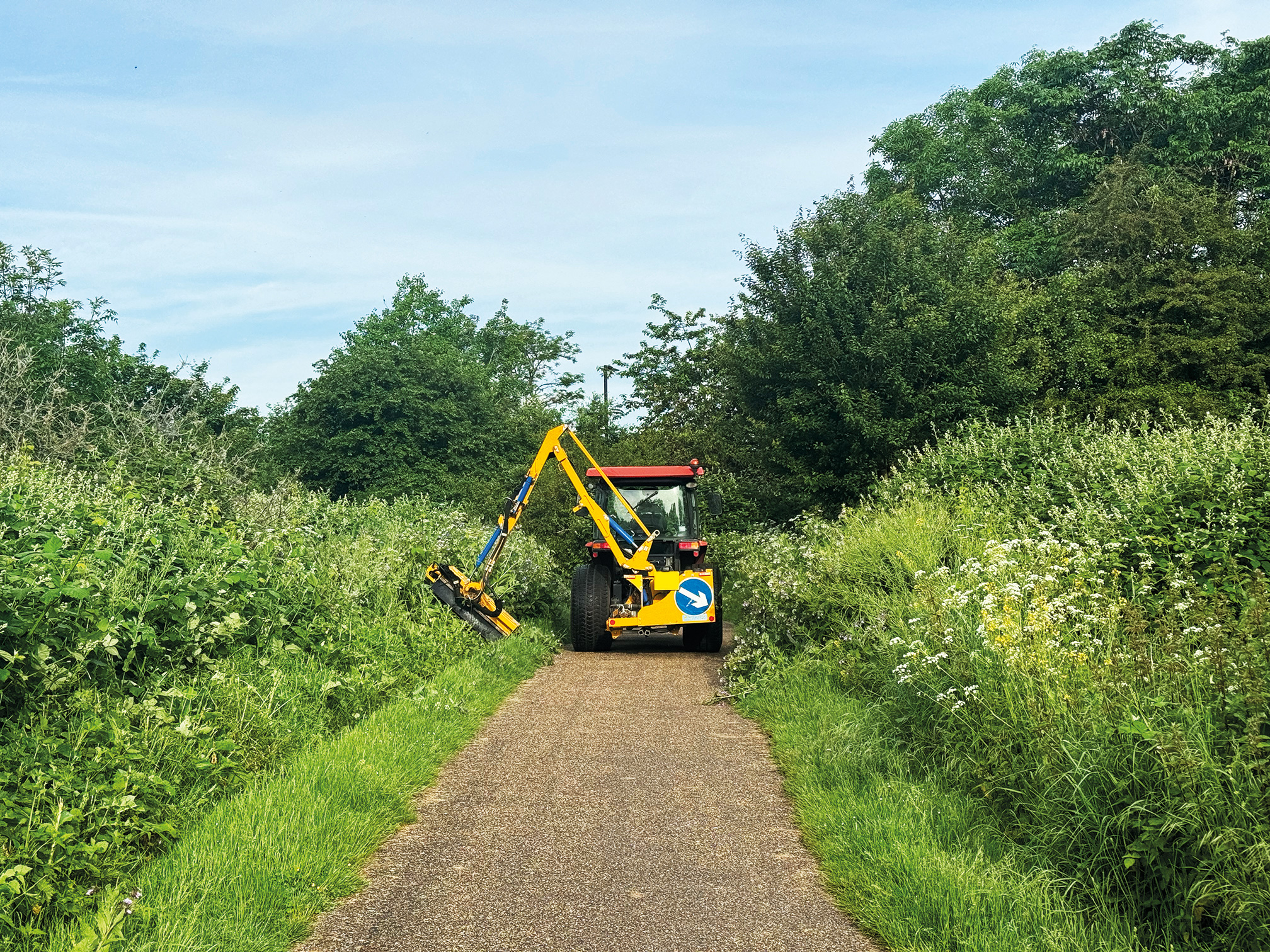Construction, operation and decommissioning
Should development consent be granted for Fosse Green Energy, construction is anticipated to start in 2031, with plans to connect to the Grid by 2033. We anticipate it would take around two years to build.
Construction
Building the principal site for Fosse Green Energy would involve:
- Site preparation – such as upgrading existing roads/tracks, upgrading existing crossing points like bridges, and establishing temporary construction compounds.
- Solar and energy storage park construction – such as putting the solar panels in place, installing cabling underground, and constructing the onsite substation and battery storage units.
- Testing and commissioning of the site. Landscape, planting, and habitat creation.
The Environmental Statement (ES) to be submitted with the DCO application will provide further details of the proposed construction activities.
We will also be submitting several Management Plans, including:
- Framework Construction Environmental Management Plan (CEMP): This will describe the measures we will take to alleviate and/or reduce construction impacts including noise, traffic, and use of land.
- Framework Construction Traffic Management Plan (CTMP): This will demonstrate how we will alleviate and/or reduce impacts relating to construction traffic.
- Framework Decommissioning Environmental Management Plan (DEMP): this will set out how we will decommission Fosse Green Energy.
Vehicle movement and access
During the construction phase, one main construction compound and several secondary compounds may be created, alongside temporary roadways for access to the Fosse Green Energy site.
There will be approximately 12 construction site access points for vehicles on the principal site. These would provide access to an internal network of access tracks that will typically be five metres wide, with passing bays provided as required.
A map of the construction compounds and access points can be found in the Preliminary Environmental Information (PEI) Report in Volume 2 Figure 3-1, available on our documents page.
We expect that there will be, at most, around 50 HGV (Heavy Goods Vehicles) deliveries per day, with 35 deliveries per day on average.
As above, a CTMP will be produced as part of the DCO Application to mitigate any potential impacts, such as avoiding HGV arrivals and departures during peak traffic hours and specifying traffic routes to/from the site.

Working on site
On average, we will be employing 350 workers per day to construct the site. At the peak of construction, currently expected during 2032, we would require up to 600 workers per day.
Working hours are anticipated to be:
- Monday to Friday: 7am to 7pm
- Saturday: 7am to 1pm
There will be no works on Sunday and Bank Holidays, and if work is needed outside the above hours, we will ensure prior notification is provided to the council before the work begins and that we clearly signpost the information on our website.
Operation
Fosse Green Energy is proposed to be in operation for 60 years. Once operational, activity on the site will be limited to:
- Vegetation management.
- Equipment maintenance and servicing, including the periodic replacement of components.
- Site inspection including fence inspections.
- Environmental / biodiversity surveys and monitoring.
During operation, some construction access points will still be used along with the dedicated operational accesses. Additionally, there will be three separate accesses for emergency services. Operational traffic will be minimal, with four vehicles per day anticipated. These access points are illustrated in the PEI Report in Volume 2 Figures 3-2a and 3-2b, available on the documents page.
We are aware of the potential impact of noise from the site and are considering mitigation measures to minimise the impact of this noise.
To ensure the solar and energy storage park runs smoothly and safely, there will be up to four permanent staff undertaking daily maintenance tasks, with the potential for up to 20 staff if need be.
There will be water storage tanks on site to reduce any risk of fire, and we will work in partnership with Lincolnshire Fire Service and our Local Authorities.
Relevant guidance from the National Fire Chiefs Council has also informed our BESS proposals.
The grassland created within the Solar PV Array Areas will ideally be used for grazing by suitable livestock. This has been successfully used on other solar farms, and helps to improve soil health and biodiversity.
Construction
Fosse Green Energy is planned to operate for 60 years until 2093.
When operation ends, the site will need to be decommissioned. All material from the site, including PV panels, substations, and batteries, will be removed and disposed of sensibly over 24 to 30 months. Recent research shows that 99 per cent of a solar panel can be recycled, and we will commit to maximising recycling materials where practicable.
We will set aside money for decommissioning Fosse Green Energy. Once decommissioned, most of the site will then be returned to the landowners and will be available for its original use. Solar does not permanently displace agricultural land, it only borrows it. As agricultural land under a solar farm is in effect left fallow, soil health can recover. Any planting we have done will also be retained where practicable.